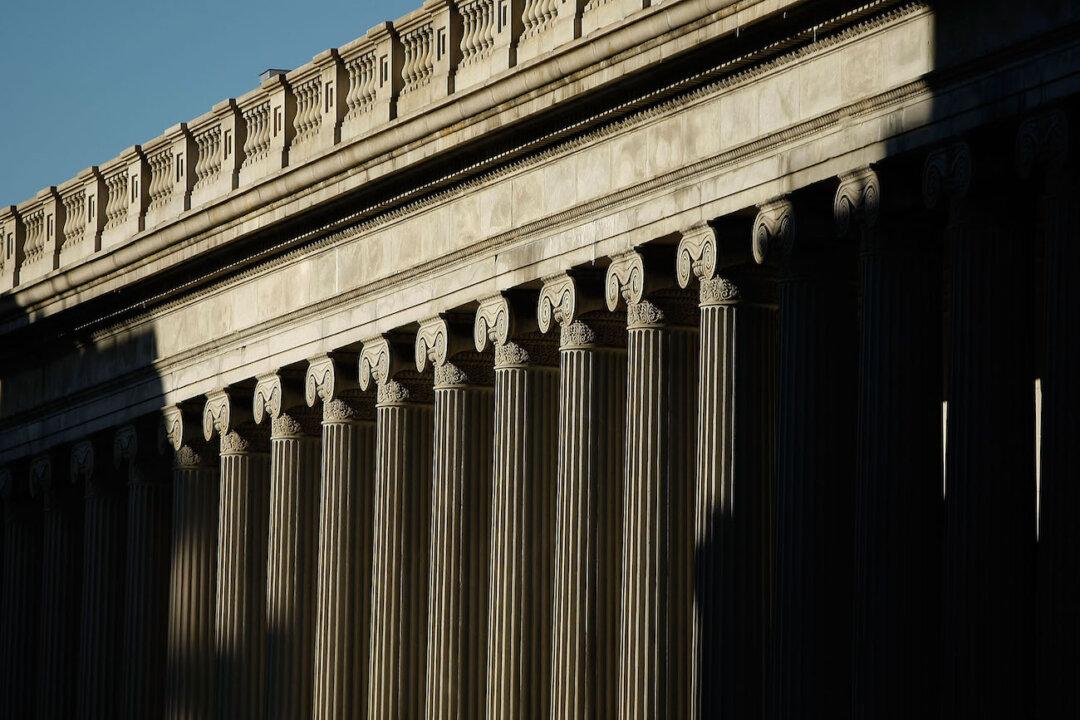News Analysis
Even as Republicans and Democrats came together Tuesday to pass the Infrastructure Investment and Jobs Act, a political battle between the two is shaping up in Washington—this time over raising the debt ceiling.

Even as Republicans and Democrats came together Tuesday to pass the Infrastructure Investment and Jobs Act, a political battle between the two is shaping up in Washington—this time over raising the debt ceiling.